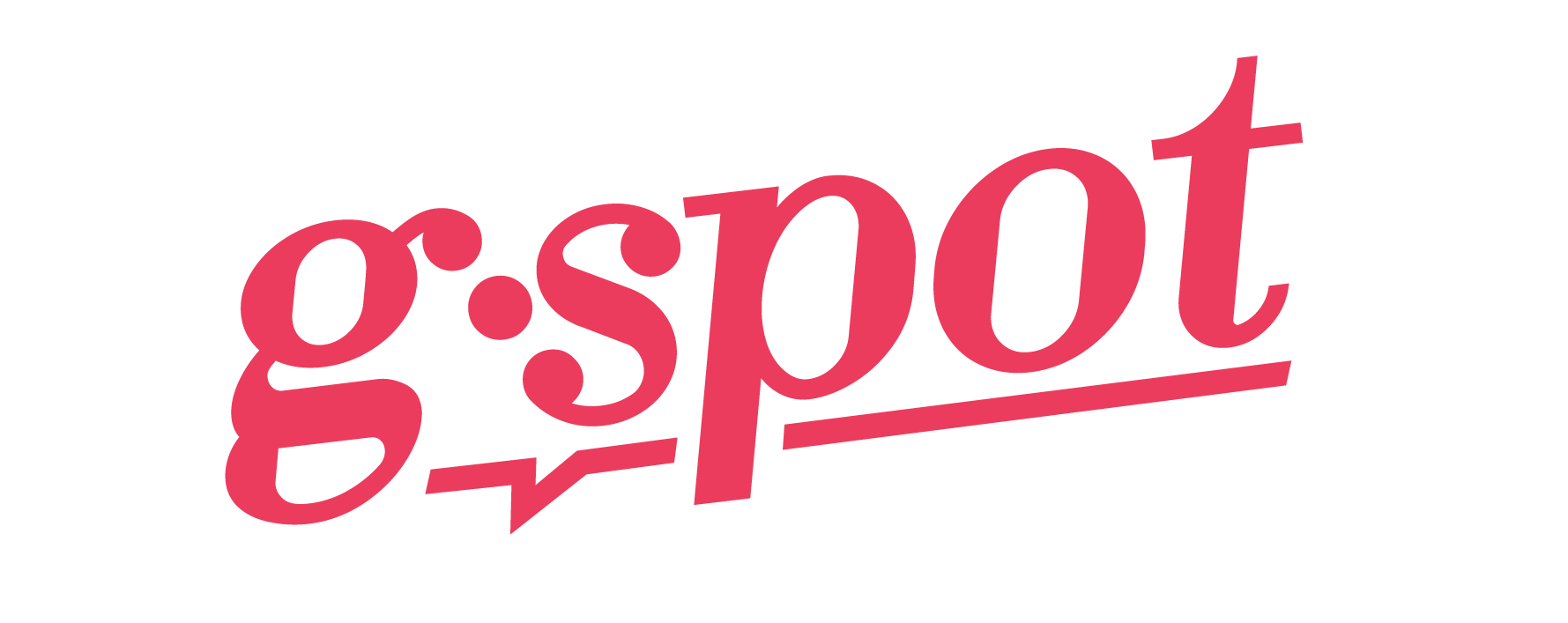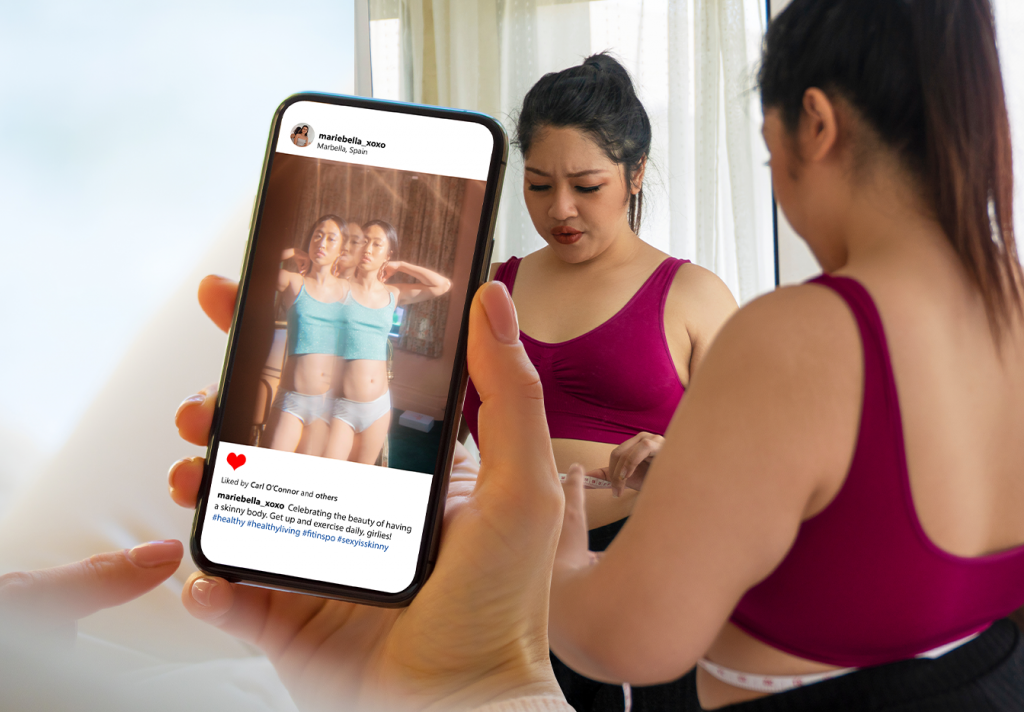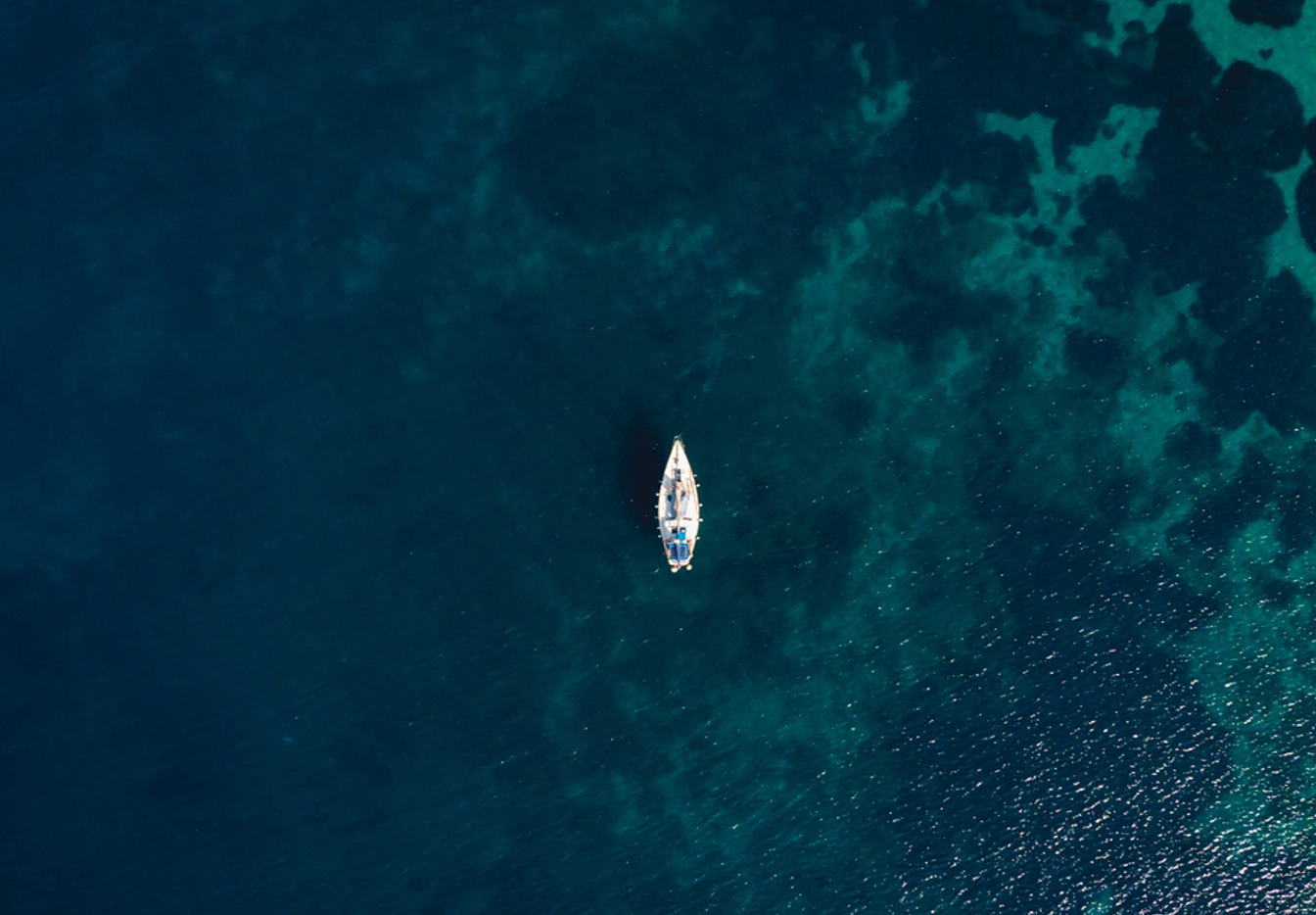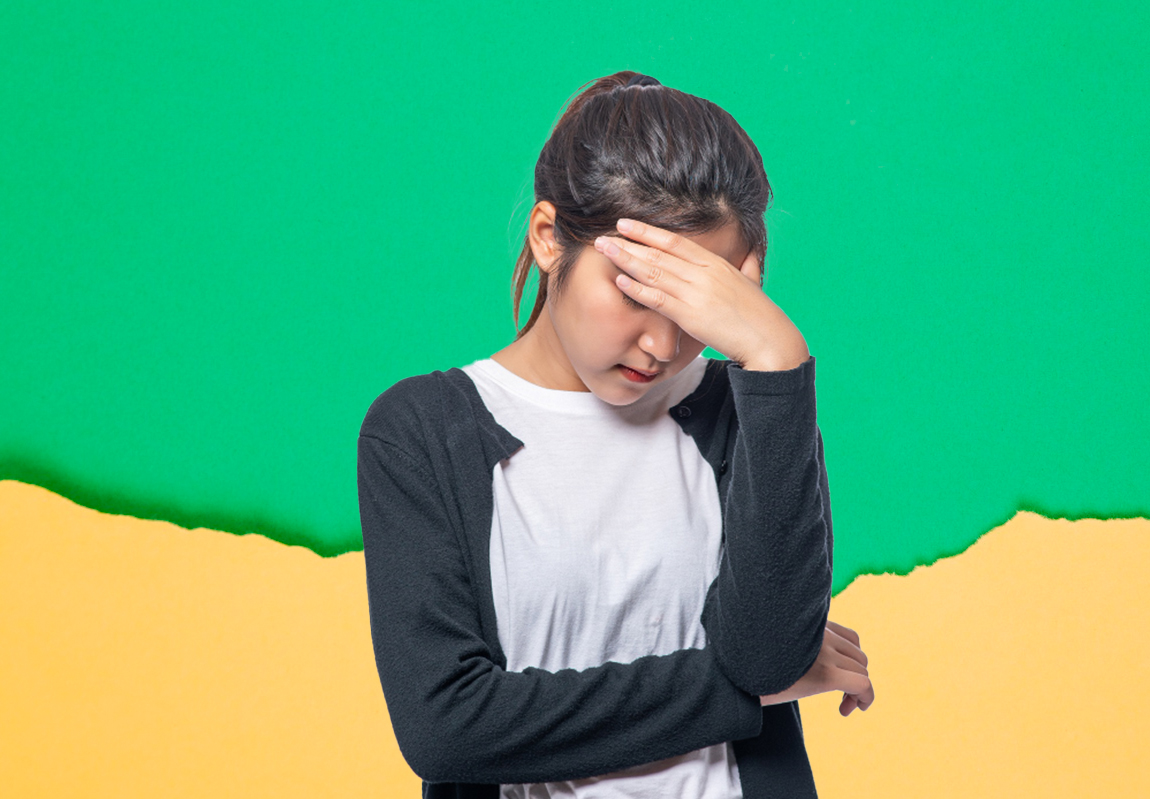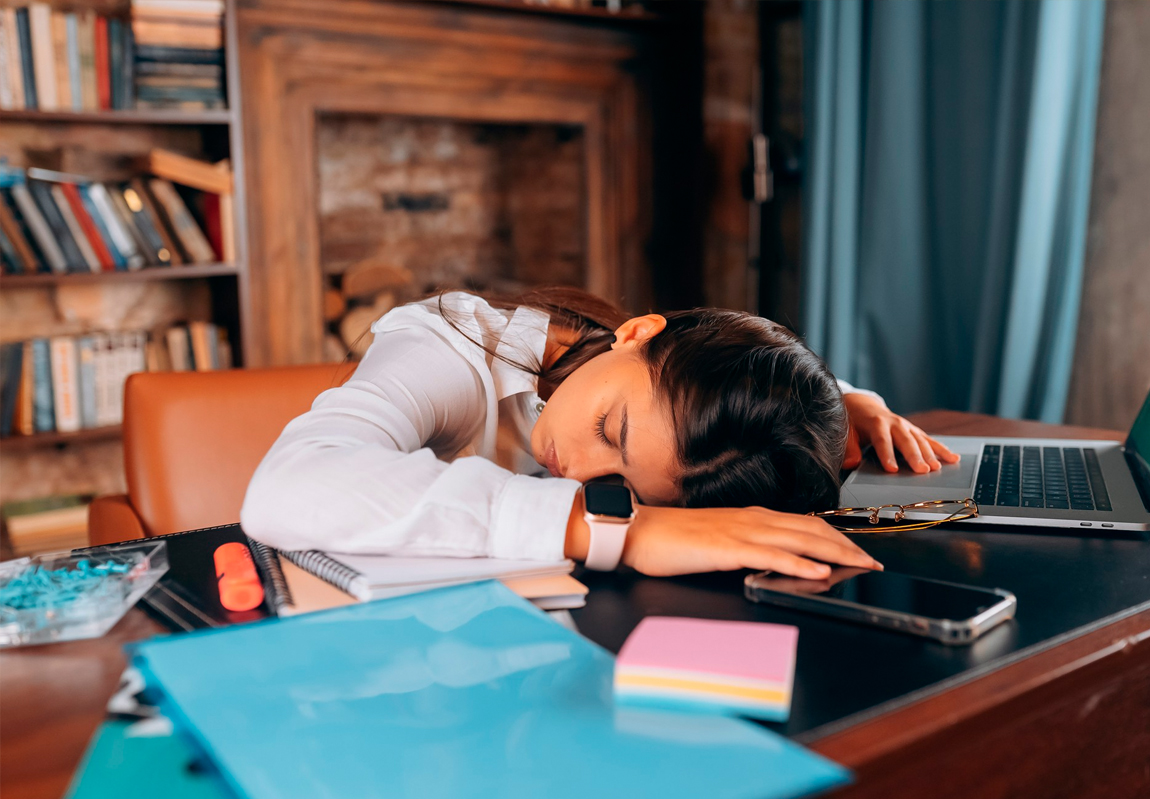When I was nine, I remember running my hands over my stomach, wondering why mine wasn’t as flat as the girls I see in summer movies.
It had a little curve to it down towards my pelvic area, a pooch that fit perfectly in my palm—though, to me, it was anything but perfect. I wanted a flat stomach, one I wouldn’t be conscious about whenever I would wear a one-piece swimsuit.
I was nine. I shouldn’t be having body image issues, but there I was, obsessing over it late at night. It also didn’t help that back in the day, people were not as mindful about being politically correct (or, you know, just plain nice) about not meeting beauty standards.
“You’re fat,” I would hear more than once over the course of my teenage years.
I was not, though I didn’t realize it then. Looking back, I was a perfectly healthy girl, certainly not as stick-thin as models in the early aughts, but I was far from what is actually, technically fat.
“You’re fat,” I told myself during beach outings with my friends, rocking bikinis with their flat stomachs.
“You’re fat,” I told myself in fitting rooms when the clothes I tried on did not flatter me. The pooch stuck out in form-fitting dresses or spilled out over bottoms in my preferred size. Cap sleeves did not do favors for my arms.
“You’re fat,” I told myself as I mastered the art of Photoshop, liquifying unsightly body parts to cultivate my ideal body. Photos were two-dimensional, right?
My body issues built up so much over time that when I went through a traumatic ordeal, it became the first line of defense in coping. I hesitate to say I developed an eating disorder because I was never actually diagnosed, but for a year or so, I developed disordered eating—that was, lying about eating anything when food barely touched my lips for days. I lied at home to say I’m eating in school, and I lied in school to say I ate at home.
I went down to 90 pounds. But still, I was fat.
For inspiration, I would obsess over pro-anorexia Tumblr accounts, admiring the collarbones popping, the skin stretched thin over bone. It was a source of comfort and encouragement, driving me to exert further control over my eating so I can look as good as these people online. It was also a source of condemnation—the weighing scale says I’m 90 pounds, but why do I still have my pooch?
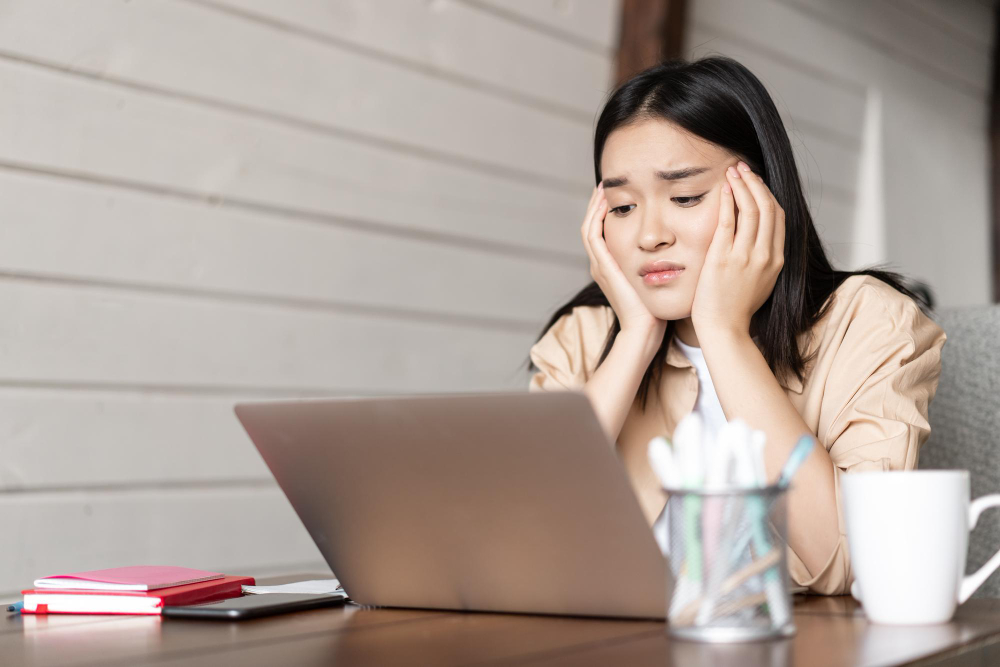
I had fasted workouts. I studied calories and made sure nothing I ate or drank went over 100. I stepped on the weighing scale daily, comparing my weight to the previous day’s, and the numbers that flashed back at me determined how good of a day I was going to have. I cheered in my head when a dress I had made for a special occasion had to be taken in every time I fitted it. I was going to do anything to look like these girls, to finally get my flat stomach.
I didn’t get my flat stomach, but my face had sunken to the hollows of my cheeks. My collarbones were showing, and not in a flattering way. I was having a hard time focusing, both from the lack of food and my deteriorating mental state. No matter—I was still fat compared to the Tumblr girls.
It took some time, but I eventually climbed my way out of that rabbit hole when I found other things that gave me the motivation to be healthier, both physically and mentally: Better relationships with people and a thriving career, among others. Though I had my fair share of challenges, it never drove me to be as self-destructive as I was in those days.
But the body image issues never really went away, and social media is certainly not helping matters.
While Tumblr has since imposed a ban on pro-anorexia accounts, Instagram is now my constant reminder of what I went through before. I could curate my feed and be as much of a storyteller as I love to do, but it can’t be denied that you get more likes and engagement when you’re attractive. I once bitched about how I work so hard on my content, only to be obliterated by pretty—usually skinny—girls with low-effort captions (and sometimes, let’s be real, questionable ethics). The sentiment still stands, even more so now when influencer opportunities fly past me in favor of someone with more followers, when I find their content lacks substance.
This is my article, and I’m saying it like it is.
I find myself on the other end of the spectrum where I once was. I’m at my heaviest weight, and apparently, it’s true what they say about your metabolism slowing down as you get older. I’ve dabbled in exercise with minimal results, and skipping even just one meal makes me bloated. In a way, I miss how easy it was before.
Social media has killed my confidence and all the work I have put into building that up after my period of disordered eating.
I look at my Instagram discover feed and get depressed. If I had been on it at my skinniest, I would have been a mega influencer at this point, perhaps. But I’m not thin now, and that thought rears its ugly head so much that I’m not even up for posing for photos anymore, much more updating my feed. When I do… well, I’m still rather skilled at liquifying my photos so they can be a bit more flattering, but that requires mental energy I don’t always have.
And sure, it’s easy to say, “You don’t really need validation through likes and engagement to feel good about yourself,” but truthfully, in my current headspace, I’ll take all the validation I can get.
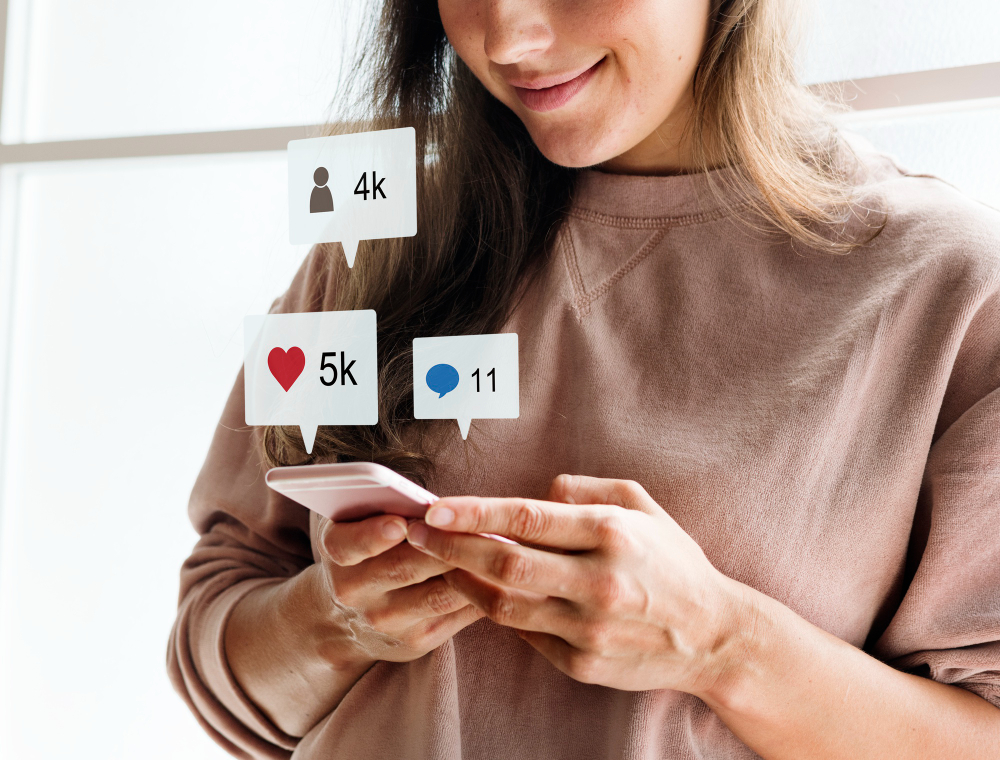
What it hasn’t completely obliterated is my belief that I can pick myself up and be in a better place eventually. I’ve done it several times at this point, so I know it isn’t going to happen overnight. I can’t even say it’ll take me a week, or a month or three. But it’s a work in progress, and that’s what counts.
It starts with being grateful for what I have—a family that keeps me well-fed, friends to go out with for delicious dinners, the financial capacity to indulge in drinks should I want happy hour and beyond, the opportunity to explore new restaurants in the city. I even have collaborations that are dedicated to make me look and feel good (shoutout to No Strips Waxing Salon and NÉW Lounge for taking care of me!). I can write stories. I’m doing well in my career. I have a dog who I adore.
Right now, this gratefulness is what quells the body image issues.
I’m not 90 pounds anymore. I’m fat. And I can close Instagram with the swipe of a finger to keep my negative thoughts at bay.
